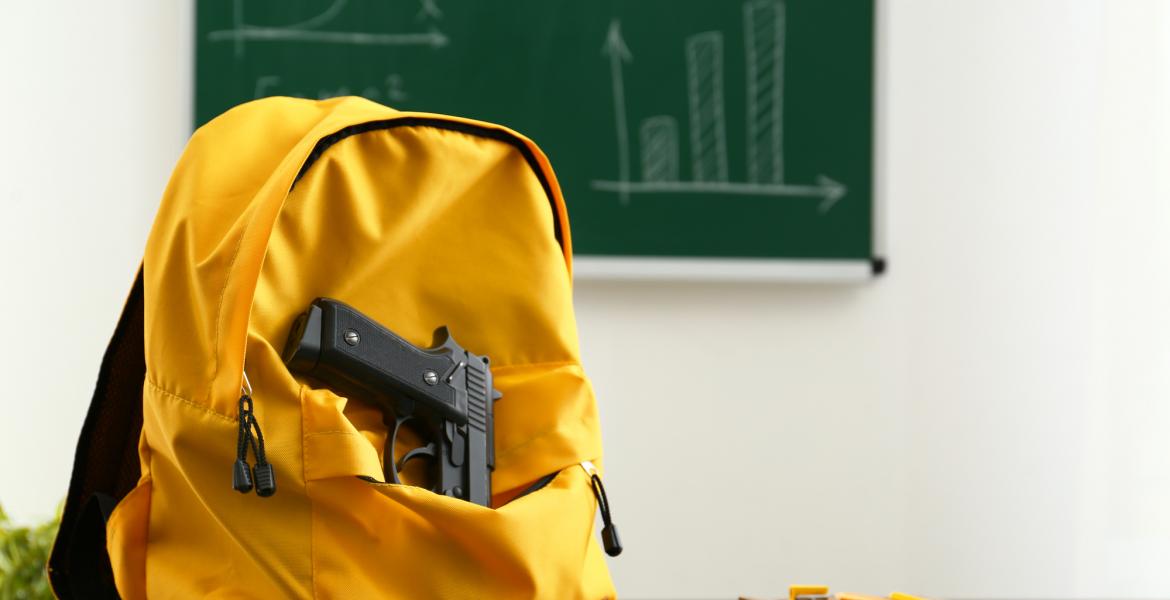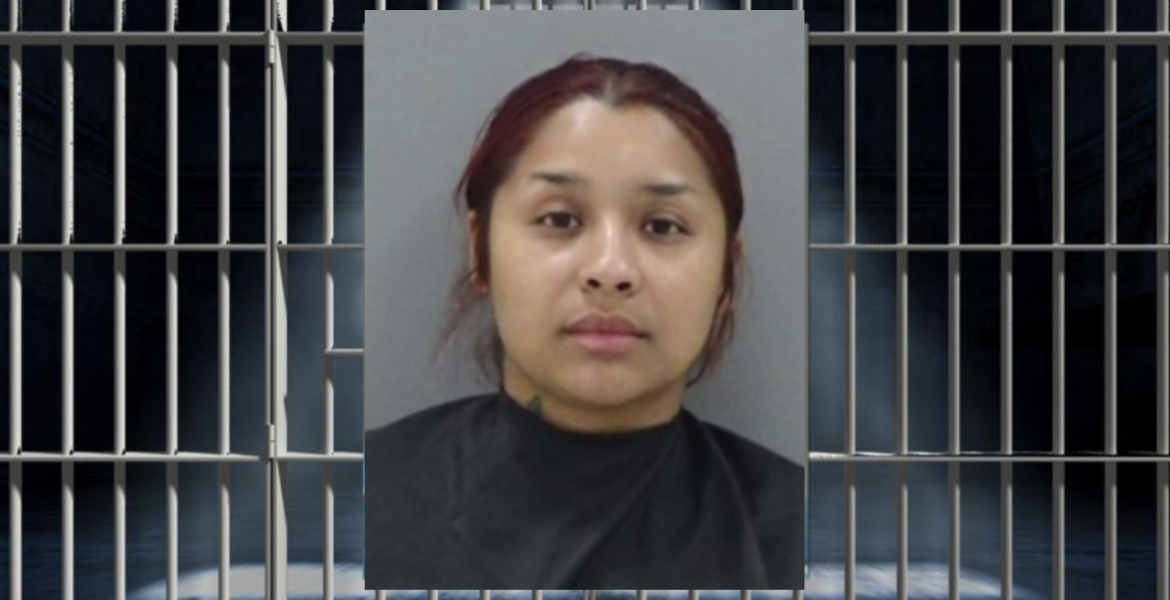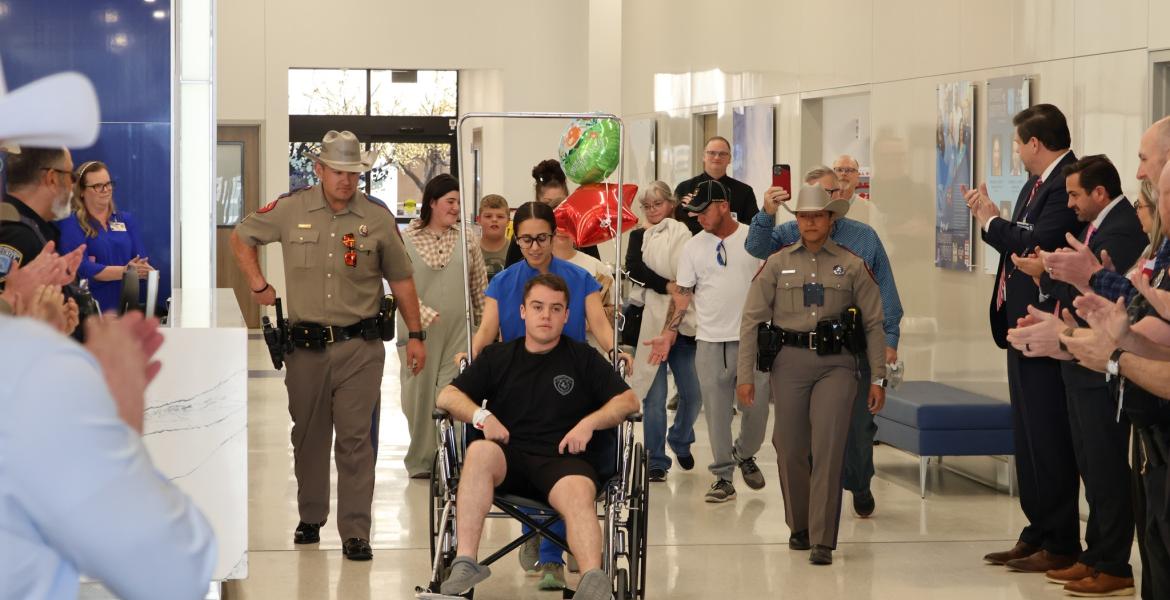SAN ANGELO, TX — The trial for aggravated robbery and organized crime defendant Marcus McVae, began Tuesday, April 19, 2017. The court heard from several witnesses including Primitivo Cardenas, the victim who was attacked in a trailer the morning of the robbery, who described his feelings during the ordeal as “I thought I was going to die!”
He recounted events through the use of an interpreter.
Next, the court called Fernando Cardenas, son of Primitivo Cardenas and supervisor for David Rogers Construction. As it turns out, Cardenas had fired two of the other co-defendants, Carlos Zuniga, and Judge Modesto, a few months prior to the robbery.
“They were good workers, but they kept getting into trouble with the crew leaders,” Cardenas said.
According to Cardenas and David Rogers, the owner of the company victimized in this crime, every employee working for them would have possessed knowledge of the location of the keys and documents relating to the stolen vehicles.
After a lunch recess, the court called co-defendant Omar Salas to the stand. After being questioned as to why his testimony seemed to have changed over the time leading up to the trial, Salas explained, “I was scared, I had never been in that situation. But I’m ready to tell the truth now.” Salas proceeded to explain the course of events from his perspective.
Salas had apparently been solicited by Zuniga and Modesto to “help them out”. However, he claimed that he did not participate in the robbery itself. Salas maintained that after he, Elizabeth Estrada, and Nayara Rodriguez had dropped of their co-defendants near the railroad tracks near David Rogers Construction, they “took off to Del Rio” where he allegedly crossed the border into Mexico to visit family. Later, he said he crossed back over the border into Texas to assist in moving the stolen vehicles. Subsequently, he was arrested attempting to drive a stolen truck across the border.
'When the prosecution asked Salas to describe who was with him before arriving at the train tracks, Salas claimed he was with Estrada, Nayara and Pablo Rodriguez, Zuniga, Modesto and two African American males whose names he did not know at the time.
When asked if one of those males was in the court room, Salas answered, “One of them is”. Then, the prosecution asked Salas to describe the man he was implicating. Salas went on to describe McVae’s appearance and clothing to the court.
It was learned in a discussion between the State, defense, and the judge at the end of the day that the State offered Salas a reduced sentence in exchange for his testimony
Day 2
On April 19, Nayara Rodriguez, a co-suspect of armed heist of David Rogers Construction in San Angelo, was called to testify. Her story began when she left a party that the other co-defendants attended. After or during the party, she claimed to have taken drugs that put her into a somewhat catatonic mental state. Sometime after this, she left her home with her brother, suspect Pablo Rodriguez and suspect Elizabeth Estrada.
Her next memory was waking up at a Stripes in San Angelo. Drowsy, she fell asleep again and soon found herself near the train tracks by the David Rogers Construction yard. She claimed that she was unaware of anyone else in the vehicle, but, reiterated that she was “out of it” due to the influence of the drugs. Rodriguez stated that she was not conscious for the journey from San Angelo to Del Rio.
Her testimony regarding the events of the day in the city of Del Rio were corroborated by previous testimony and reported facts.
After Rodriguez testified, Judge Modesto, another suspect and the implicated ring leader along with his half-brother, Carlos Zuniga, were called to testify. Before Modesto could, his attorney challenged the State’s claim saying that because he had been granted testimonial immunity, he was obligated to testify or be held in contempt. His grounds for this were constitutional, as the Fifth Amendment provides the right to avoid self incrimination, and practical as he said his client may have reason to believe that there may be “retaliation” for giving his testimony in court.
Having heard this, the defense objected to Modesto giving testimony at all as it would be “highly prejudicial” towards their client since the state planned on asking Modesto if he had been threatened. Defense attorney Shawntell McKillop continued on to claim that if the state followed this line of questioning, it would be a form of “character assassination” against her client as well as a “backdoor” to presenting the jury with evidence that had not yet been filed.
All ended in vain however, as Modesto refused to answer any questions before the jury, even after being court ordered to do so, and was held in contempt of court as a result.
The court began its afternoon session by hearing testimony from the peace officers who initially responded to the robbery last March. Having clarified all the facts from the scene and victim that day, the state called the case’s lead investigator, Sergeant Cole, to the stand.
Cole explained the part he played in responding to the initial call to the scene, and the steps he took to communicate with the victim, Primivito Cardenas. He proceeded to explain the process he used to determine suspects, which included the use of cell phone towers to gather communication data.
With this information, the defense objected, arguing the cell phone tower evidence was not disclosed during pre-trial.
Judge Jay Weatherby upheld the objection and ordered the court to recess until 10 a.m Thursday to allow for the evidence to be filed and prepared.
Subscribe to the LIVE! Daily
Required






Post a comment to this article here: